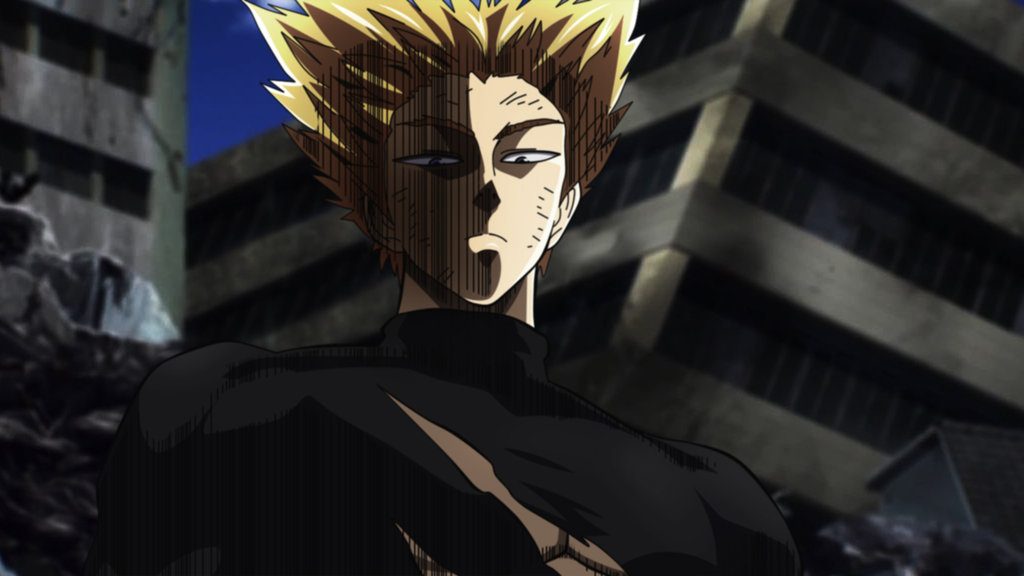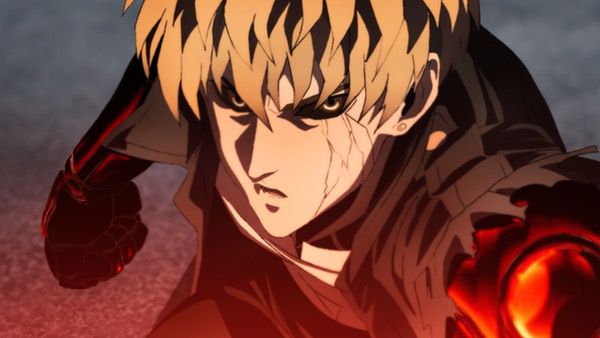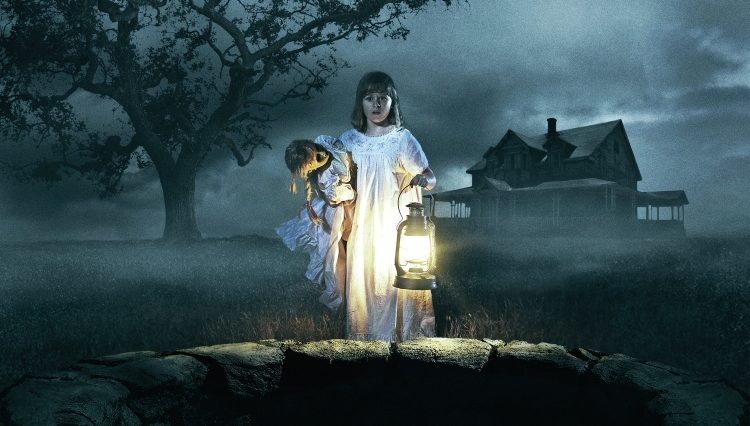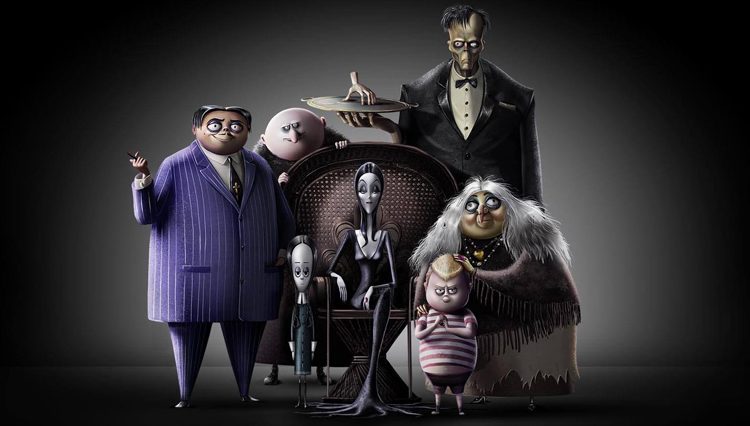A lot has changed since season one of One-Punch Man— Madhouse’s adaptation of the manga by the same name— leaped onto screens. The landscape of both anime and superhero content is a different place. Back in 2015 Avengers: Age of Ultron was opening to mixed reviews and My Hero Academia had yet to even hit screens.
Now, My Hero Academia is the crown jewel in a genre filled with greats like Mob Psycho 100 and JoJo’s Bizarre Adventure. Meanwhile, there’s a new superhero show every week, DC is getting its acts back together (Aquaman AND Shazam anyone?), and Avengers: Endgame looms on the horizon.
When One-Punch Man first landed it was met with critical acclaim and ravenous demand for a second season. The love One-Punch Man hasn’t waned in the four years has been away but the attention span and free time of audiences have. Keeping gimmicky concept fresh, and audiences in place would require perfectly balanced writing, the kind that doesn’t come around every day.

However, the first episode of season two, “The Hero’s Return”, shows that season one was no mere fluke, and One-Punch Man has plenty more to show.
“The Hero’s Return” opens with well… the return of our hero, Saitama. Not much has changed for our protagonist. His Superman levels of power remain unmatched. Equally unmatched is his apathy toward the level of power he possesses. While every character remains stunned at his unmatched power, his pupil Genos chief among them, Saitama himself still drifts through reality in an apathetic daze. His search for an opponent worthy of his power is still coming up fruitless, leaving Saitama listless and bored as ever.
However, soon after our reintroduction to Saitama, we meet a potential challenger to his title of “most powerful man”. Enter King, a scarred Adonis with blonde hair and powerset not at all dissimilar to My Hero Academia’s own All-Might. In King’s character introduction alone One-Punch Man makes it abundantly clear that it’s aware the superhero genre has changed and grown in the time it was away and it’s ready to take it head-on.
“The Hero’s Return” responds by doubling down on what made season one of One-Punch Man such a delight. That same willingness to unpack the hyper-real personality of a superhero with authenticity and humor is on display throughout the whole episode. Deconstruction of the King begins only moments after his introduction. One-Punch Man is smart enough to know that we know how his character type is meant to work, and they use that leverage to its full extent. We’re treated to character subversions that are unexpected and at points laugh-out-loud funny.

At every turn, One-Punch Man leans into the fun of the superhero genre rather than shying away. In one episode alone we’re treated to both humorous takes on superhero tropes (it’s worth sticking around the end of the credits) and earnest depictions of what makes the superhero genre so fun. The action is still top notch; the creators don’t wait long before throwing Genos— the shows Iron Man/Astro Boy parody— into the fray. In Genos’ action scene alone, we get a reminder that One-Punch Man may be a comedy first, but it’s more than capable of putting on some show-stopping action too.
It’s One-Punch Man’s ability to find balance— between parody and earnestness, slapstick and action, humor and heart, all of which is tied together with the first-rate animation— that made season one of One-Punch Man excellent. Take the heroic sacrifice of Mumen Rider for instance. It is arguably the best moment from season one (and 2015 television generally) because of how it managed to balance the total tragedy of a heroic sacrifice with the comedy of it being rendered total futile by the presence of people much more powerful.
“There Hero’s Return” proves that One-Punch Man hasn’t lost any of its spark while it was away. It lays the groundwork for an exciting season, with the introduction of new players, while keeping what made season one so singular. What direction One-Punch Man season two goes in remains to be seen (it never did like playing by the rules). Regardless of where it goes, it’s already clear that this is the kind of television you can’t afford to miss.



